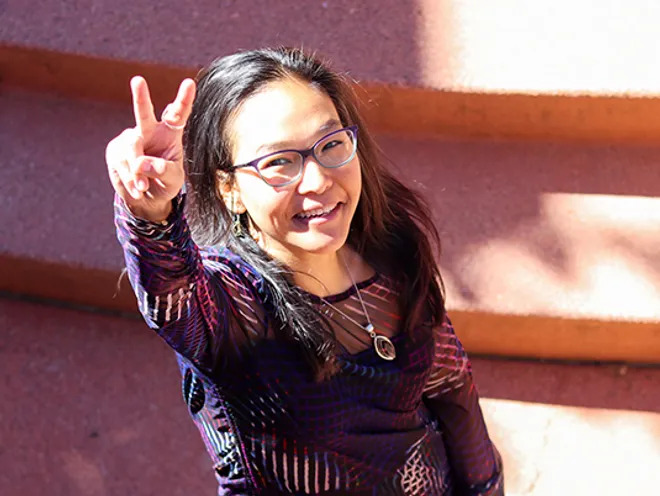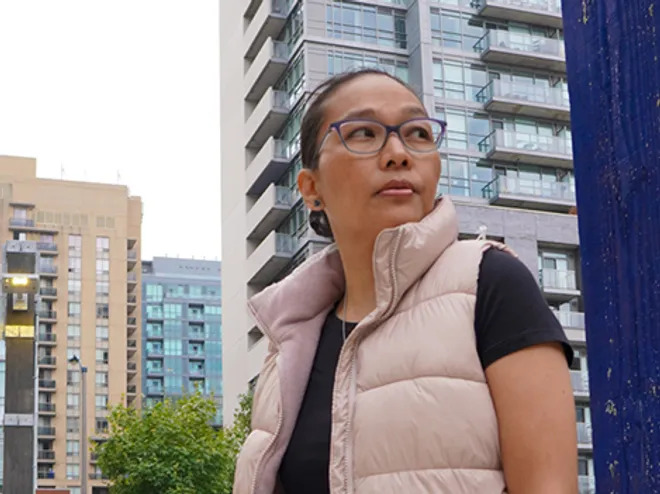
As a child, Geraldine Convento—better known today as Realism*—didn’t just listen to music; she lived inside it. Perched on top of a speaker while her brother spun 80s DJ sets in the garage, she absorbed rhythm before she ever learned rhetoric. Her home was a soundtrack of Elvis, cha-cha, early hip-hop, and new wave, an eclectic crash course that would later shape a voice both deeply rooted and fiercely original. That early immersion set the stage for a career defined by bold beginnings, an unexpected silence, and a return that feels less like a comeback than a reinvention. Realism*’s style reflects the breadth of her influences—lyricists with sharp wit and honesty like Big Daddy Kane, MC Lyte, Ludacris, and Bay Area trailblazers
Too Short and Hieroglyphics. Her verses lean into narrative and relatability, always grounded in lived experience. By 16, she was already performing on the West Coast circuit, and in the late ’90s she shared stages with Outkast and Black Eyed Peas at San Francisco’s storied Maritime Hall. Those moments weren’t just milestones; they were proof that her pen and presence belonged in the same conversation as the greats.
Then, in 2001, everything shifted. A manic episode forced her to step away, silencing her creative drive for two decades. That hiatus—both painful and necessary—deepened her understanding of identity and purpose. What once was a persona, Realism*, had to be reconciled with Geraldine Convento, the woman behind the mic. “I had to stop letting the alias eclipse who I really was,” she reflects. That process of recovery and realignment brought her back not only as an artist, but as a more grounded and self-aware creator.

Today, she’s re-emerging in a landscape that looks nothing like the one she left. The communal energy of live shows—like the 3,000-strong Lyricist Lounge crowds—has been replaced by Instagram Lives and TikTok clips. But for Realism*, the platform doesn’t change the mission. Whether onstage or online, the goal remains the same: connection over performance, authenticity over spectacle.
That authenticity is flowing into ambitious new projects. Teaming with producer Hyp and director Victoria Bacani, Realism* is exploring a multimedia approach that blurs the lines between music, film, and visual storytelling. She also envisions sync placements for TV and film, creating new entry points for her art to reach wider audiences. It’s not about chasing past momentum, but about reimagining what her artistry can mean in the present.
She’s building something more enduring than a comeback: a bridge between who she was and the visionary she is becoming.
For Realism*, the silence wasn’t the end of the story—it was the space that gave her voice new resonance.
